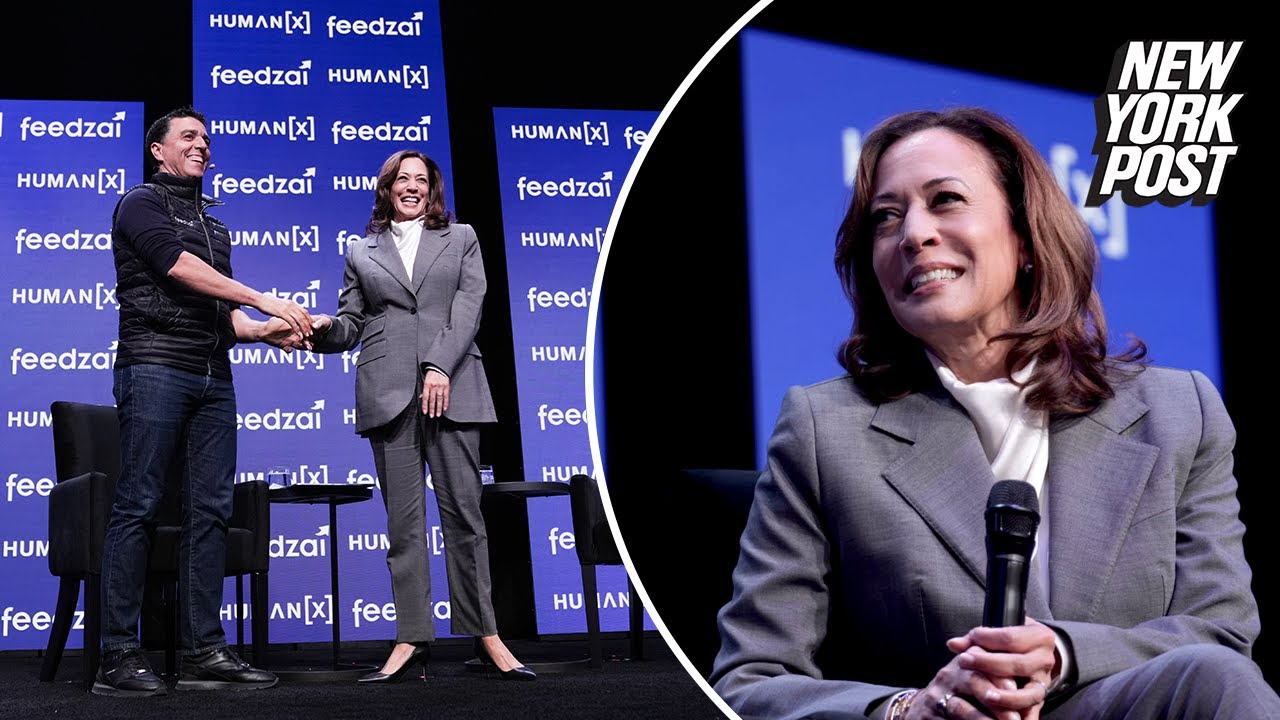At a recent AI summit, Vice President Kamala Harris faced criticism for her convoluted response, which emphasized the need for international rules and norms in the context of AI governance and America’s leadership in innovation. She highlighted the importance of trust in technology, shared a personal anecdote about consumer behavior, and called for greater investment in addressing societal issues like affordable housing through technological advancements.
In a recent AI summit, Vice President Kamala Harris delivered a lengthy response that drew criticism for its convoluted nature, often referred to as “word salad.” She emphasized the importance of international rules and norms, particularly in the context of the United States’ role in upholding these standards. Harris highlighted her extensive engagement with world leaders in the Indo-Pacific region, discussing maritime law and the need for a free and open Indo-Pacific. She stressed that the conversation around international rules should also extend to artificial intelligence (AI), indicating a need for governance in this rapidly evolving field.
Harris expressed concern that failing to address these issues could jeopardize America’s leadership in innovation and global stability. She pointed out that trust is a crucial element in the relationship between technological advancement and public safety. By establishing a framework of trust, she believes that collaboration can flourish, allowing for the development of AI that prioritizes safety and ethical considerations. This perspective aligns with her background as a prosecutor, where she focused on protecting vulnerable populations.
During her remarks, Harris shared a personal anecdote about using DoorDash to satisfy a craving for nacho cheese Doritos while watching the Oscars. This story served to illustrate her point about consumer behavior and the intersection of technology and everyday life. She argued that while consumer desires drive innovation, there should also be an emphasis on addressing significant societal issues through technological advancements.
Harris called for a greater investment in solving pressing problems, such as affordable housing in America. She questioned whether venture capitalists would prioritize funding for such initiatives, suggesting that consumer demand could play a pivotal role in directing resources toward these challenges. By highlighting the need for technology to address real-world issues, she aimed to shift the focus from mere consumer cravings to broader societal needs.
In conclusion, Harris’s remarks at the AI summit underscored the necessity of integrating international norms into the development of AI, fostering trust, and addressing critical societal challenges. Her call for collaboration and investment in technology that serves the public good reflects a broader vision for how innovation can be harnessed to improve lives, particularly for the most vulnerable populations. Despite the criticism of her delivery, the underlying message advocates for a responsible and inclusive approach to technological advancement.
